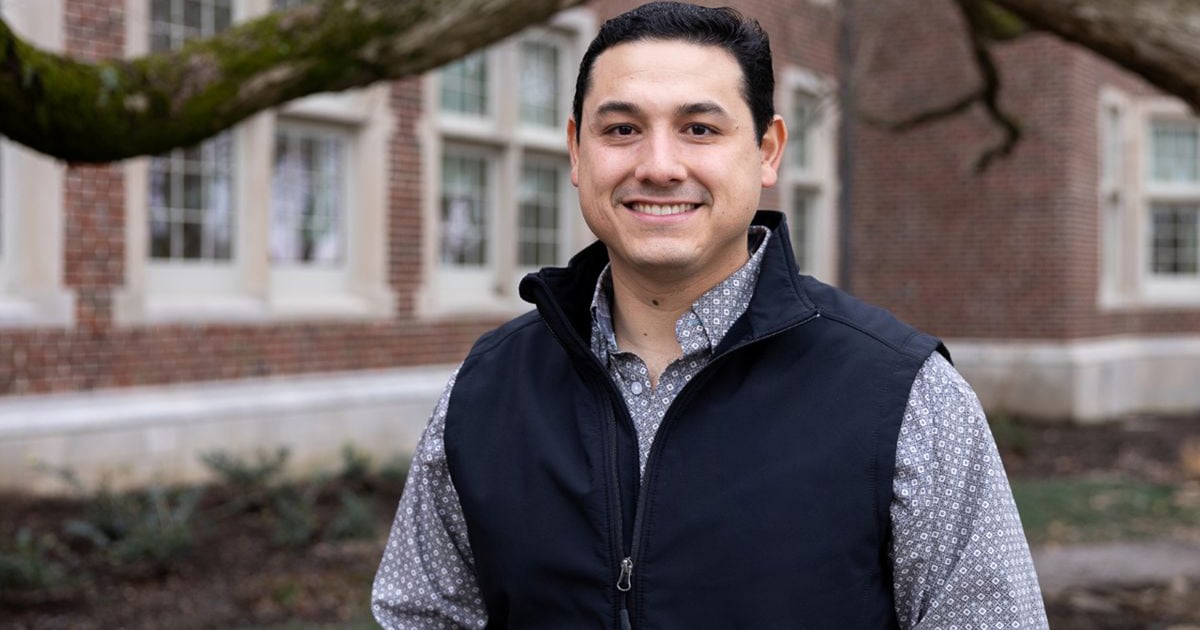Certified Angus Beef recognizes research on improving beef quality
Posted on September 16, 2024
Source: Farm Progress. The original article is posted here.
The 2024 recipient is William Boyd for his research titled, “Instrumental Assessment of Marbling and Objective Color Post-Ribbing.”
"Dr. VanStavern played a key role in establishing our brand,” says Daniel Clark, Ph.D., meat scientist at CAB. “In upholding our commitment to high-quality beef, it is fitting that we recognize students whose research is both relevant and important for improving beef quality.”
Boyd is a graduate student at West Texas A&M University (WTAMU). His work explores how temperature and bloom time affect the instrumental assessment of marbling and muscle color in beef, offering valuable insights into enhancing beef grading accuracy and quality.
“Results from this assessment of marbling and objective color indicated that instrument-assessed marbling scores are maximized immediately after ribbing due to maximum color contrast,” Boyd says. “PVC film should be used as a tool for sustaining marbling scores for regarded carcasses.”
With lack of marbling the most common reason a carcass fails to qualify for CAB, the brand recognizes Boyd for his research aimed at improving accuracy and consistency in marbling scores.
Upon graduation, Boyd plans to pursue a career in the beef cattle or meat processing industry, with an intent to further improve the beef industry.
“Ever since beginning my educational journey at West Texas A&M University, I have developed a passion for meat science that has been fueled directly by my involvement through American Meat Science Association,” Boyd says.
Also notable, two additional finalists for the VanStavern award completed research valuable to meat science. Andres Mendizabal, Ph.D. student at Texas Tech University, was a finalist for his research titled, “Evaluation of Three-Dimensional Imaging to Predict Beef Carcass and Primal Composition.” His research addresses how the USDA yield grade system can often misrepresent cattle value and offers three-dimensional imaging as a promising solution to getting more accurate readings, therefore improving effectiveness, profitability and sustainability.
Finalist Ryan Heitschmidt is an undergraduate studying animal science at WTAMU. His research, “Visualization of Percentage Intramuscular Fat and Association to USDA Marbling Scores in Beef Carcasses,” analyzed how global understanding and cooperation could be improved using a standardized technique to gather a precise percentage of intramuscular fat.
By completing applicable research, today’s students have to power to influence beef quality long term. Their findings provide valuable insights that can lead to more efficient and precise practices across the various stages of beef production—work worth recognizing.

.jpg?disable=upscale&width=1200&height=630&fit=crop)


